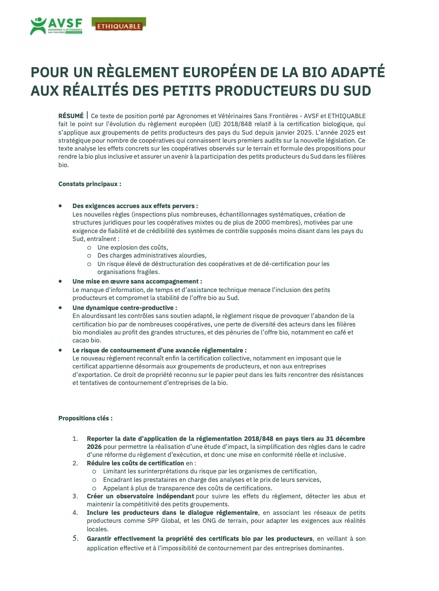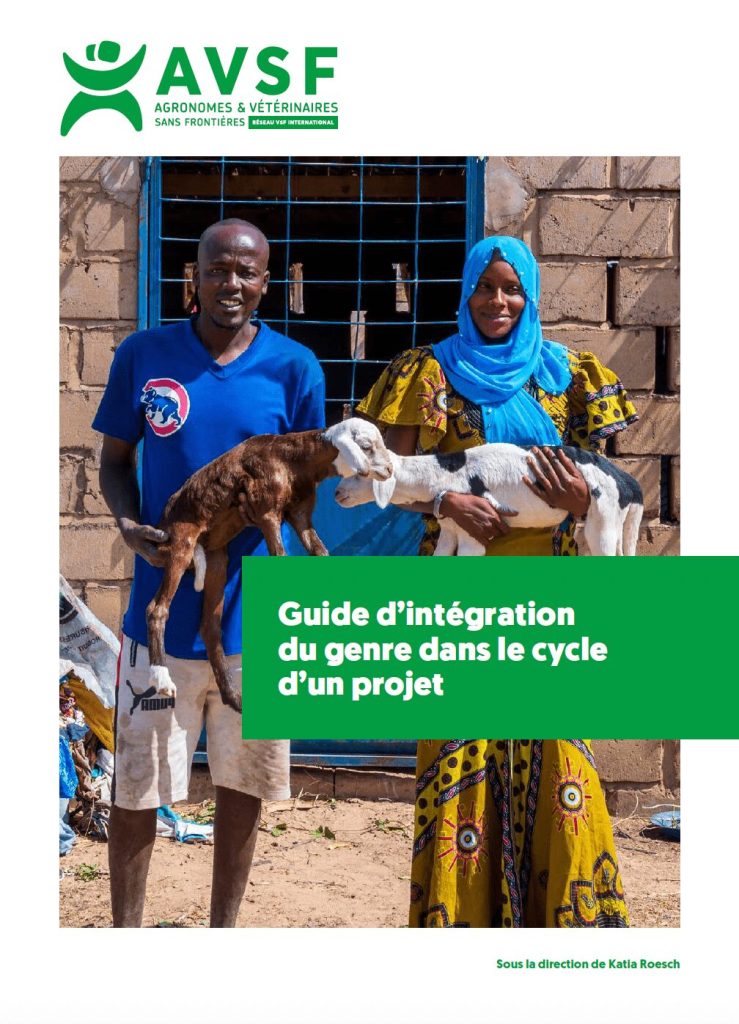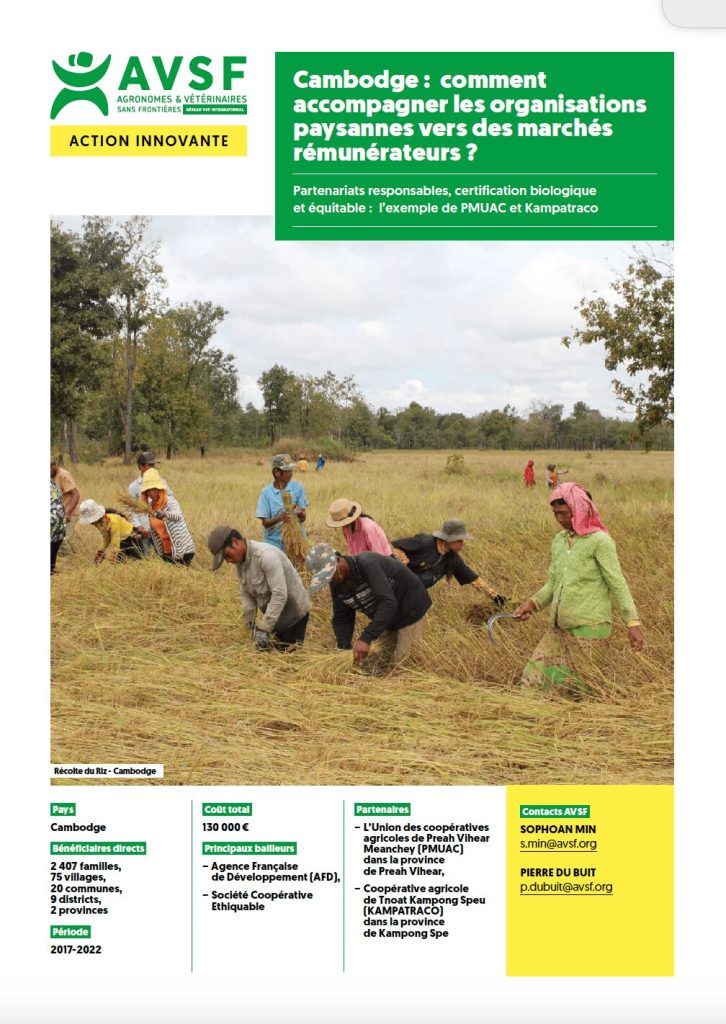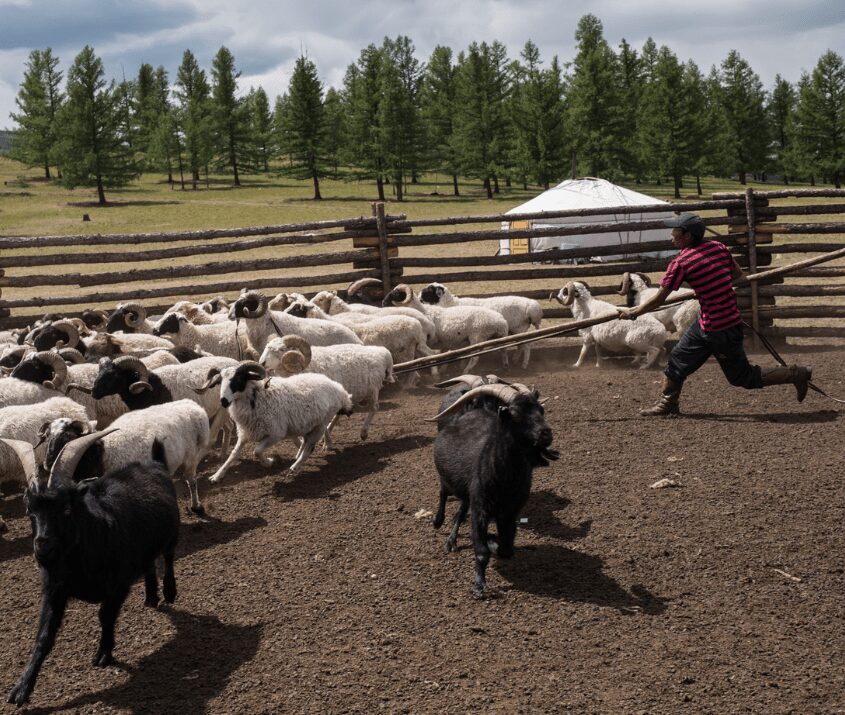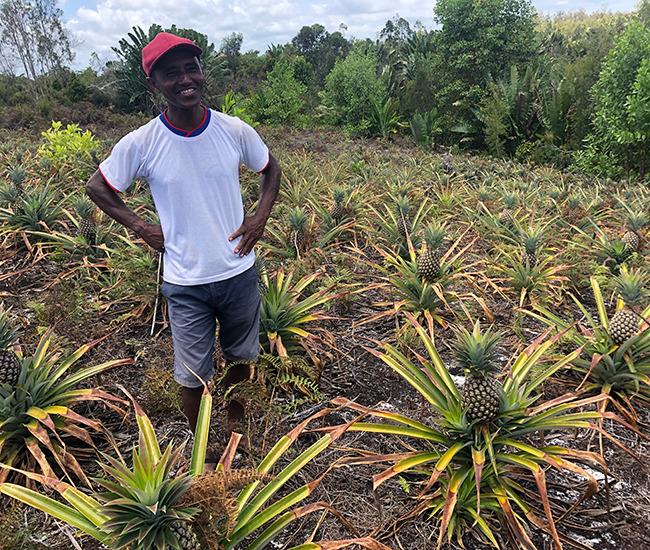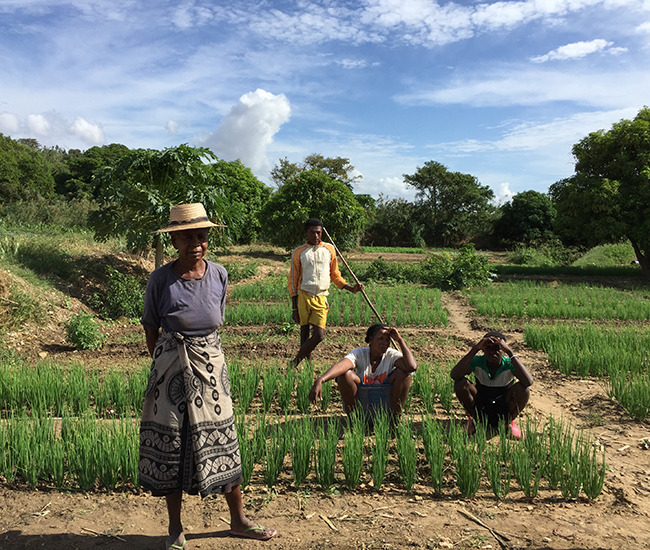The agroecological transition implies rethinking the way farmers are supported in their changes in practices. Farmer Field Schools are an effective mechanism in this respect, since they build farmers’ capacity to experiment, to produce knowledge and to innovate independently. However, it is essential that these advisory services are correctly implemented, which has implications for the research and development community. A study conducted in sub-Saharan Africa shows that after taking part in Farmer Field Schools, farmers are more likely to make changes on their own farms if they have been involved in the decision-making process for the Farmer Field School.
These changes can be highlighted by qualitative assessment methods centred on the contribution to impact. Farmer Field Schools also stand to gain from including women, young people and the poorest farmers, categories that are often excluded from conventional agricultural advisory services, but recognised as drivers of agroecological innovation. Finally, there must be room for the objectives of Farmer Field Schools to evolve over time, in order to adjust to local conditions, whether environmental or socio-economic.

